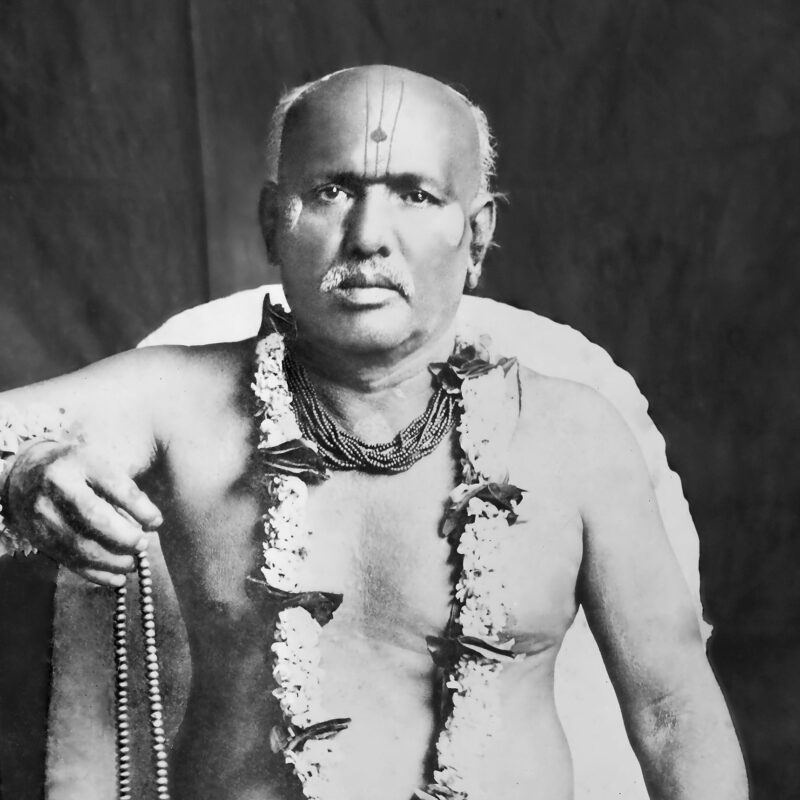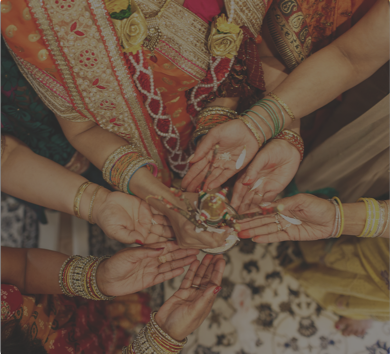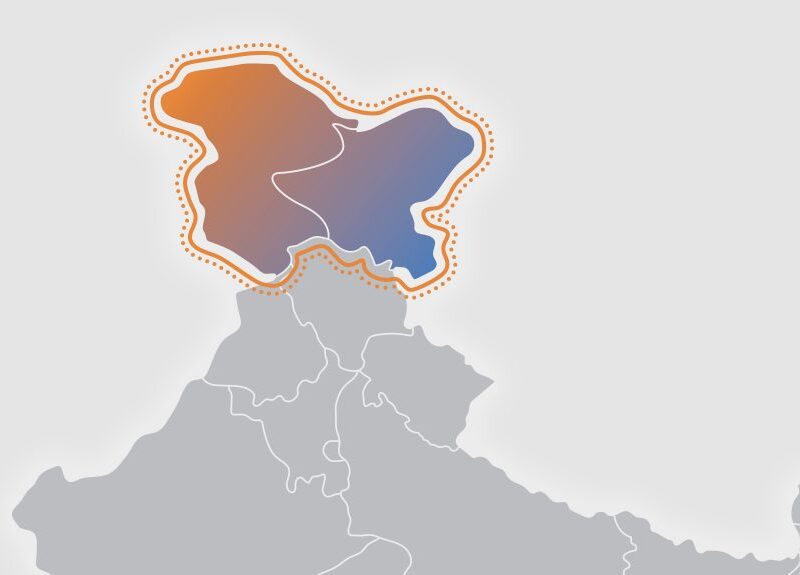
On July 10th, HAF wrote to the BBC expressing concern that an article titled “Jai Shri Ram: The Hindu chant that became a murder cry” likely violated the outlet’s own Editorial Standards which require that coverage will be fair and accurate, as well as impartial.
After several weeks in the BBC’s complaints review process, we received a reply. While we do appreciate that the BBC both has an official complaints process and does respond — something that can’t be said about all major media outlets — the BBC Complaints Team has failed to actually understand what the complaint was.
They replied:
This article was written to focus on a killing which has shocked India.
As our correspondent Geeta Pandey explains, the greeting has been used by Hindu extremist attackers to target minorities.
Our article covers similar ground to others written in the Indian and international media.
For example, the Times of India has this blog on 23 July https://timesofindia.indiatimes.com/blogs/toi-edit-page/weaponising-jai-shri-rama-it-militates-against-ramas-benevolent-image-which-inspires-millions-of-hindus/ which examines how Jai Shri Ram is no longer restricted to a benign greeting.
Thank you once again for getting in touch.
We’re not disputing the fact that “Jai Shri Ram” has been used in a case of Hindu-Muslim violence, nor that it has been used at times in an intimidating manner of communal assertion.
Rather, the substance of our complaint is that by failing to include any contextualizing statements about other instances of communal violence currently going on that run counter to the simplified narrative of majority oppressor versus always oppressed minority, readers are left with a one-sided picture of ground realities in India.
It is true that there have been incidents of Hindu on Muslim violence. But it is also true that there have been incidents of Muslim on Hindu violence — including some recent threats against Hindu pilgrims and an averted tragedy where ISIS-inspired terrorists planned on poisoning prasad (ritual food offerings) at a major mandir in Mumbai. There has also been Muslim on Dalit violence. And there have been many attacks and assaults that were initially framed as communal in nature, but were actually not motivated by religious animus at all.
The fact is that no one religious community in India has been spared being made the victim of attacks, yet BBC and other outlets ignore entirely attacks on Hindus, Dalits, and others.
This selective coverage has consequences.
- It promotes a false narrative of rising violence in India when for a nation of some 1.3 billion people, it has a remarkably low amount of violent crime per capita.
- The overwhelming majority of Hindus in India, the UK, and the US deplore vigilantism. Yet, similar to the way in which the Muslim community as a whole often takes the blame for the acts of extremists engaged in terrorism, there is the risk here in the Hindu community wrongly being associated by the violent acts of a few in the mind of the non-Hindus.
- As we know all too well in the United States, such wrong associations can lead to more violence. Already the Muslim, Sikh, and Hindu communities here have been the victim of hate crimes stemming from such misperceptions.
- Readers are robbed of a broader, more accurate view of the world..
At the very least, it’s our hope that In future reporting on communal violence in India, BBC will abide by its own Editorial Guidelines in order to provide a broader, more accurate view of the situation with more nuance in their details.








































